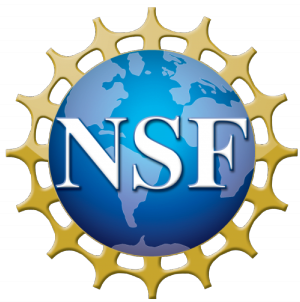April 16th, 2009 | RESEARCH
Assessment of trends in the state of the environment constitutes one important aspect of efforts to achieve environmental sustainability. Assessments are often undertaken via indicators which measure progress towards environmental objectives and interim targets. This paper starts from the assumption that different types of environmental indicators have different implications for the public communication and the societal dialogue about the state of the environment and the measures needed to increase ecological sustainability. The paper concludes that it is important to evaluate environmental indicators on the basis of their communicative potential. It is demonstrated how science-based assessment of progress towards environmental objectives may fulfil different aims. Each of these aims may be linked to particular types of indicators, as well as to particular ideas of how to communicate uncertainties, and to particular views of the role of the public in the system of environmental objectives.
Document
(no document provided)
Team Members
Victoria Wibeck, Author, Linköping UniversityCitation
Identifier Type: issn
Identifier: 1824-2049
Publication: Journal of Science Communication
Volume: 8
Number: 2
Funders
Funding Source: International Public
Funding Program: Assessment of Environmental Goal Achievement Under Uncertainty
Award Number: I-37-03
Related URLs
Tags
Audience: Administration | Leadership | Policymakers | General Public | Scientists
Discipline: Ecology | forestry | agriculture
Resource Type: Peer-reviewed article | Research Products
Environment Type: Broadcast Media | Comics | Books | Newspapers | Media and Technology | Websites | Mobile Apps | Online Media

